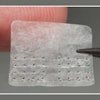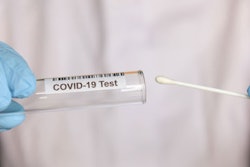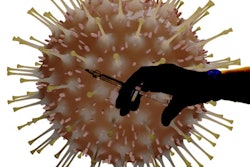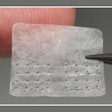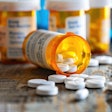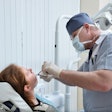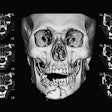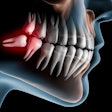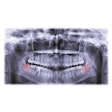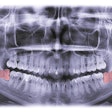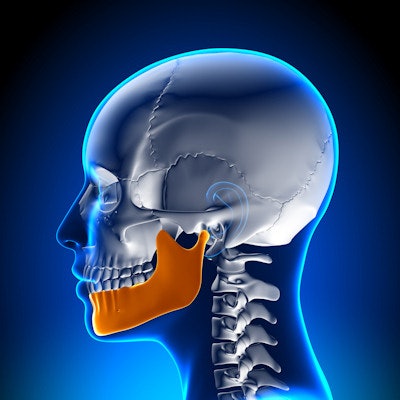
A drug used to treat patients with COVID-19 may also put them at higher risk of developing medication-related osteonecrosis of the jaw (MRONJ), according to a letter to the editor published on January 22 in the British Dental Journal.
The immunosuppressive drug tocilizumab has shown promising results in patients diagnosed with COVID-19. But dentists should talk to their patients about the side effects of this medication.
"We must take into account the potential effects in relation to oral health," wrote authors A. Hasan and S. Alraisi from the U.K.
The human monoclonal antibodies tocilizumab and sarilumab, which are prescribed as treatment for moderate to severe rheumatoid arthritis and other inflammatory conditions, have been shown to reduce mortality in patients diagnosed with COVID-19. The drugs inhibit membrane-bound and soluble interleukin-6 receptors, combating inflammation in the body and the cytokine storm following SARS-CoV-2 infection that can trigger COVID-19.
In a randomized controlled trial, there was a significant difference in mortality between those who received the antibodies (28% for tocilizumab; 22% for sarilumab) and those who had standard care (36%). However, other monoclonal antibodies such as denosumab have been linked with medication-related osteonecrosis of the jaw, and there is some evidence that tocilizumab is associated with the condition, the authors wrote.
Therefore, dentists should be mindful of the increased use of these immunosuppressive drugs. Dental teams may encounter more patients needing dental extractions who have an increased risk of medication-related osteonecrosis of the jaw in the future, they wrote.
Further studies are needed, but "it is worth keeping this in mind as a possible impact of the pandemic," they added.


